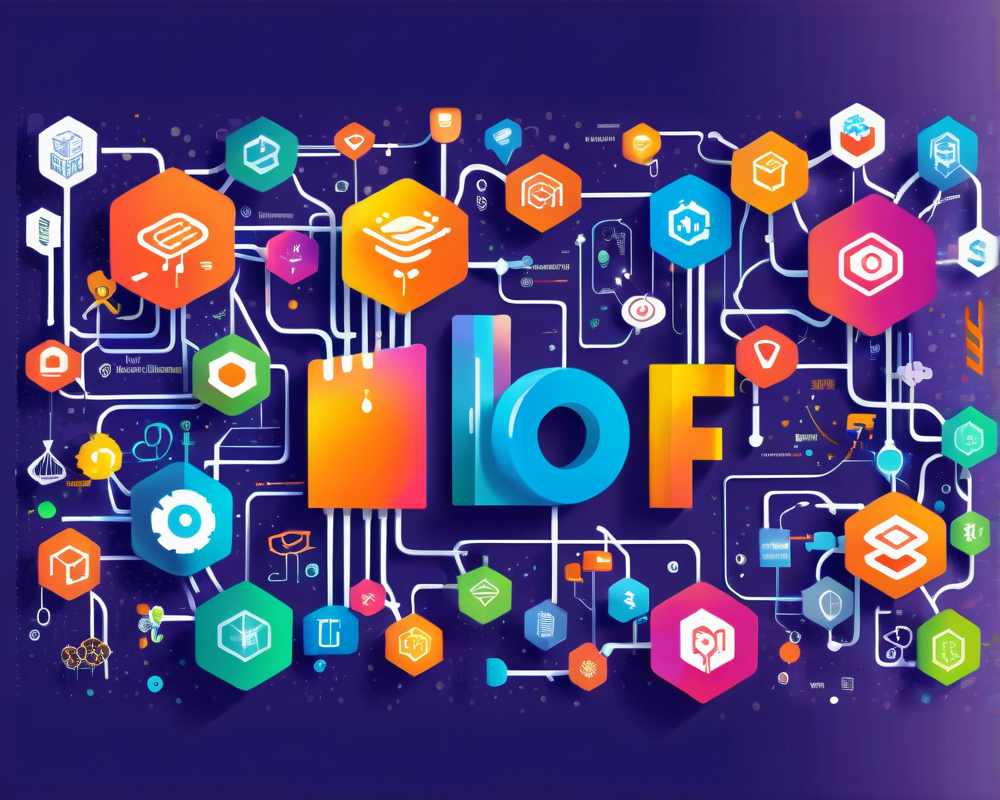Global Alliance for Blockchain Identity
Six heavyweight corporations have teamed up to undertake the formidable task of standardizing the Blockchain Identity of Things through the IEEE. This initiative is spearheaded by Dr. Xinxin Fan, the chair of the Identity of Things working group. The collaborative effort includes major players such as Lockheed Martin, Ericsson, Lenovo, Huawei, Bosch, IoTeX, and the China Academy of Information and Communications Technology, all striving to develop global standards for decentralized identities using blockchain technology.
The Road So Far: Two Years in the Making
After a two-year journey of diligent research and development, this powerhouse alliance has unveiled a proof-of-concept for blockchain-based decentralized identification (DID) tailored for IoT devices. Dr. Fan, who launched this initiative in 2019 alongside the World Wide Web Consortium (W3C), stated that the groundwork is finally in place to revolutionize the identity landscape of connected devices.
Why Interoperability Matters
According to the recent press release, blockchain interoperability is a linchpin for the success of the Internet of Things (IoT), impacting both individual entities and large enterprises alike. By minimizing technological barriers and allowing a diverse range of actors to communicate through universal standards, the potential to spur global trade, stimulate economic growth, and empower local communities is immense.
Voices from the Industry
In the words of Giovanni Franzese, the head of blockchain business development at Ericsson, “IoT, decentralized identifiers, verifiable credentials, and blockchain are technologies accelerating fast and bonding together.” He humbly noted the privilege of participating in the IEEE P2958 standards development, where market insights and collaborative efforts converge to create effective standards that foster adoption among clients.
The Big Picture: Unlocking Potential Value
Dr. Fan is at the helm of a working group with a monumental goal: to unlock the staggering $12.6 trillion potential value of the IoT by the year 2030, as projected by McKinsey. By establishing a global DID standard that enables seamless interoperability between humans and machines, the benefits could reach unprecedented heights.
In essence, the merging of these various technologies not only paves the way for a technologically advanced world but could also ensure that everyone—whether large enterprises or local communities—benefit from the ongoing digital transformation. Only time will tell, but one thing’s certain: the race towards standardized blockchain identities is just getting started!




